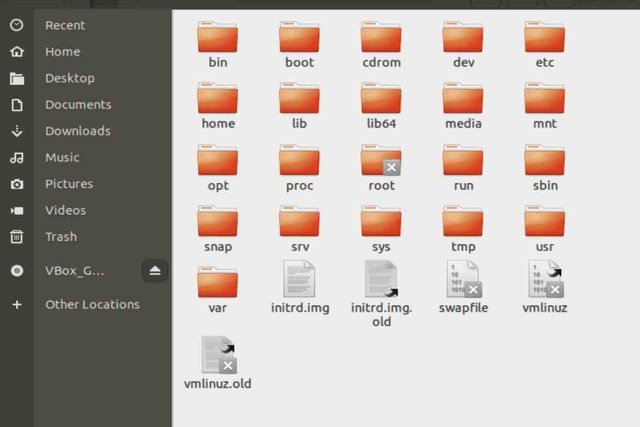In the present age, the PC has turned into a basic piece of pretty much every business, performing computational as well as hierarchical errands. They have expanded efficiency all over the place and have made numerous things recently conceivable. Via doing humble undertakings, (for example, managerial cycles like desk work, keeping records, as well as simple yet dreary calculations) and not-really modest errands (like recreations), PCs have genuinely reshaped business structures.
Thu sly, it has become significant for associations to be aware and comprehend how to have the option to make the most of the valuable open doors that PCs can offer. The abundance of free and business programs accessible today makes it simple to find ones that would truly be valuable for practically a specific errand.
Word processors make it simpler than any time in recent memory to make letters, notices, and different correspondences. Bookkeeping sheets, then again, give a method for getting sorted out a lot of information into tables and diagrams. There are even projects accessible to assist with booking and arranging occasions on practically any fundamental timescale: day to day, week after week, even yearly.
With this PC use, and particularly for bigger associations, it becomes important to have the option to screen the advancement of various gatherings or individuals. This can be a problem, particularly when at least two gatherings are working with similar arrangements of projects and documents. Fortunately, there are record examination programs now accessible which work with the correlation of documents and record registries.
Documents are obviously delivered by programs on the PC to store information. These documents are basically comprised of more modest bits of information, with the littlest unit being the piece. All records are made of pieces, and contrasting these pieces individually would yield even the littlest contrasts between apparently indistinguishable documents. This is comparable on a basic level to going through two probably indistinguishable books letter by letter to track down any errors. This approach has the advantage of being essentially as exact as could be expected; in any case, such a low-level correlation might become unfeasible for a major assortment of huge records.
That is, the outcomes, whenever left natural, might be unrealistic to figure out. This is the reason the greater part of these document examination programs have likewise invested amounts of energy into creating graphical UIs (GUIs) and the product hardware behind them. Record correlation programs are currently ready to decipher the crude aftereffects of little by little correlation with make them more amicable to natural eyes.
For instance, most report examination projects can now measurably decipher any given archive. That is, the recurrence of event of specific catchphrases still up in the air, and from here a human might have the option to get a guess of what's going on with the report. This kind of factual understanding might be valuable in contrasting records that are not indistinguishable, yet at the same time related here and there.
Most projects likewise now offer the examination of catalogs of records (what are called envelopes and subfolders in Windows frameworks). These expand the idea above and beyond, and permit the simple review of any progressions or contrasts between catalog designs and record associations.
Many record examination programs are accessible financially, and it depends on the client to find the one that is appropriate for their association's particular requirements.
